Separation anxiety can come in many forms. When left alone, a dog with separation anxiety may bar, chew, salivate, urinate, defecate, dig or become overly active.
Although we tend to deal each of these problems individually, they are actually symptomatic of a larger problem: fear of being left alone.
Check out what the ASPCA (The American Society for the Prevention of Cruelty to Animals) has to say about separation anxiety in dogs on the next page:
Next Page »
Pages: 1 2

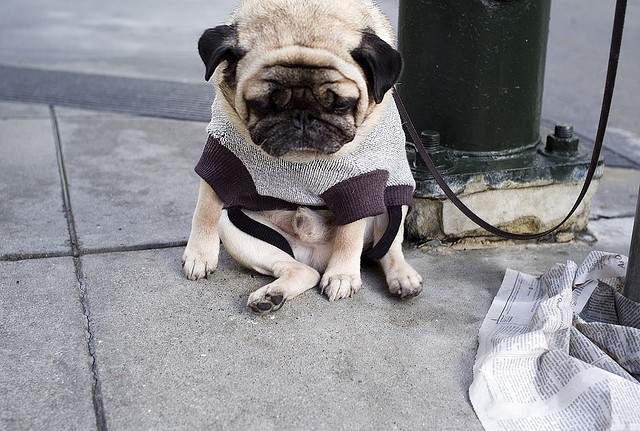
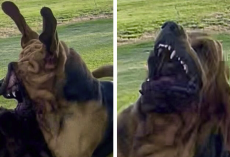

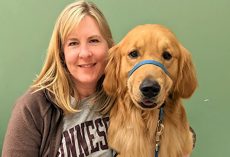
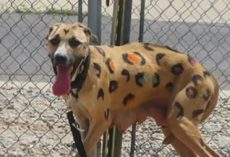


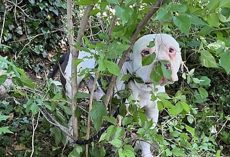
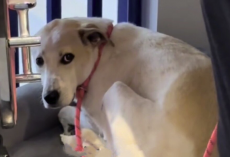

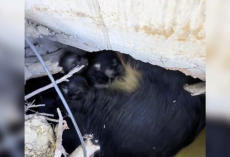
Priscilla Weikert
- Edit
I’m so sorry about your furbabe. It’s been 7 years since T passed & all my kids (even though 2 never knew her) talk about her & all the funny stories they’ve heard of her. She was my first baby & made me a better person, a better mother. I love her today as much as I lived her then. I just haven’t been able to get another Boxer yet, although one day I know I will. I now have labs but there is nothing more precious than a baby Boxer & no character greater!!
Sergio Valencia
- Edit
Vanessa
Emilee Mullican
- Edit
She doesn’t
Ted Panaretos II
- Edit
Here’s a great idea for Cassius! Amanda Panaretos
Brian Clemson
- Edit
Susan Clemson
Christopher Matthew
- Edit
Alixandra max
Andrew Falk
- Edit
Kennel training is a must for boxers
Mark Lunsford
- Edit
Yes my boxer goes nuts when I leave
David Hartzell
- Edit
Ashley Becker Hartzell
Ryan Olvera
- Edit
Annika Valdez-Olvera she don’t I do lol
Connie Bisson
- Edit
Cathy Wojtkowiak no anxiety for your dog….just hydroponics
Adam Hartzell
- Edit
Alexis Amanda Nicole Shows
Elizabeth Heaton
- Edit
Yes and No
Fee Jardine
- Edit
Derek
Derek Jardine
- Edit
Omg YES
Fee Jardine
- Edit
Derek Jardine poor slinky
Regina Brown
- Edit
Priscilla Brown Wright Taz
Priscilla Brown Wright
- Edit
No he’s just psychotic. LOL
Lash Larreau
- Edit
LEAVE A TV OR A RADIO ON WHEN YOU LEAVE .
Babzz Arterberry
- Edit
Yes. Seriously
Anita Snofl
- Edit
not mine but Sonja Snofl-Ens dog does soooo funny
Anita Snofl
- Edit
hes so hillarious when you guys go lmao
Anita Snofl
- Edit
hes not rediculous hes a sweetheart –it shows so much how he feels about his family –we dont mind showing him its all right to be sad–hes so lovable when hes lonely and sad and comes to me to comfort him -I dont know if its my voice or my human smell that were related but he sensed comfort in me and it makes me happy that i can give it to him
Michaela Brazel
- Edit
Dale Hart
Dale Hart
- Edit
Shelley Hart
Mary Weeks
- Edit
Poor baby ❤
Debby Pina
- Edit
Oh yes really bad
Lillian Luchetti-Garcia
- Edit
Yes, he does.
Lori Seitz
- Edit
Dont know my boxer never leaves my side..
Sandra Sue
- Edit
Yes!!!!